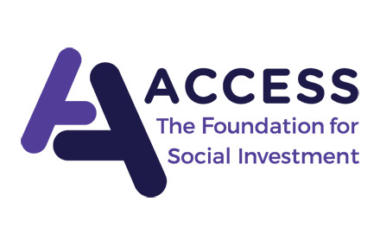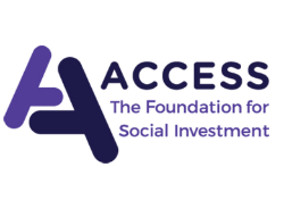The government has not done enough to prepare for the closure of the social investment funder Access, a review of the foundation’s work has said.
The foundation is scheduled to close in 2025 after spending down its endowment, but “there is a danger that a future government will have to reinvent Access” if there are no plans to continue its work, according to a report by The Oversight Trust.
Access was established in 2015 with a one-off £60m grant, to help small charities and social enterprises obtain social investment and to provide grants to subsidise that investment.
The Oversight Trust urged Access, government officials and social enterprises to work together to ensure support of this kind is still available after 2025.
The report said that Access has had a “significant positive impact” on civil society, and praised the foundation for its work funding charities and social enterprise in the most deprived parts of the country.
Legacy concerns
The Oversight Trust was established to monitor the work of organisations receiving funding under the government’s dormant assets scheme, which includes Access.
Access has made over 500 blended finance investments through its Growth Fund, which it runs alongside the National Lottery Community Fund and Big Society Capital, the report said. It has made another 600 grants from the Reach Fund, which helps charities and social enterprises improve their capacity for taking on social investment.
Raising concerns about the “legacy” left when Access closes, the report said: “Access is already discussing how it approaches its 2025 deadline.
“The CSE [charity and social enterprise] sector and government need to be enrolled in the debate (one that is quite pressing given the full commitment of the Growth Fund and Connect Programmes in the next 18 months) around sustainability of blended capital, enterprise support, CSE infrastructure and learning.
“The options for post-2025 provision need structured evaluation.”
The report adds later that “even at the end of 10 years, the need for subsidy will remain. ‘No one else does what Access does’ was often heard in interviews.
“In addition, there is a danger that a future government will have to reinvent Access if it closes”.
‘Access is Seb, Seb is Access’
The report praised Access for extending blended finance to poorer areas of the country, and said of the Growth Fund that “more than half of the capital has been invested in the most deprived 30% of neighbourhoods, and it has significantly increased the reach of social investment to smaller organisations.
This compares well with other funders, the report said.
However, people interviewed for the report were also “almost universally” critical of the way the Growth Fund was run. It was described as “unnecessarily complicated, excessively rigid, bureaucratic, overly intrusive, and with burdensome reporting on behalf of other funders”.
The Oversight Trust reported that Seb Elsworth, the chief executive of Access since its establishment, is seen as “critical” to the way it functions.
This carries both positives and negatives, the Trust concluded: “We heard a number of times that ‘Access is Seb / Seb is Access’ and concerns were expressed as to whether, as the founder chief executive, Access’s strategy, culture and DNA were being built around an individual and not the organisation.”
Seeking a successor to the Growth Fund
Sir Stuart Etherington, the chair of The Oversight Trust, said: “We recognise how important it is for smaller charity and social enterprise bodies to have access to blended capital.
“Importantly, the review identifies the value of such blended finance in investing in and supporting small CSEs, the vital role of subsidy in achieving such investments, and the need for this to continue.
“We are pleased to see the positive findings of the review panel on the effect of Access’s activity. We look forward to more discussion of its plans and progress over the coming months.”
Seb Elsworth said: “The independent review into Access’s work represents a great vote of confidence in the Access team and our many partner organisations, together with whom we are seeking to change the way the sector is financed and supported over the long term.
“The impact that our grant programmes have had not just on the 1,000+ plus organisations who have directly benefitted but on the social investment ecosystem is increasingly clear.
“But the report also rightly highlights the ongoing challenge of finding the significant long-term flow of grant required to sustain blended finance models.
“If we aren’t able to resource a successor to the Growth Fund then many organisations will no longer be able to access the finance they need, just as the sector emerges from the pandemic.
“We agree with the panel’s view that this is the number one priority for Access moving forwards and we are working with a range of stakeholders, including government, to seek to achieve this.”
Related news












